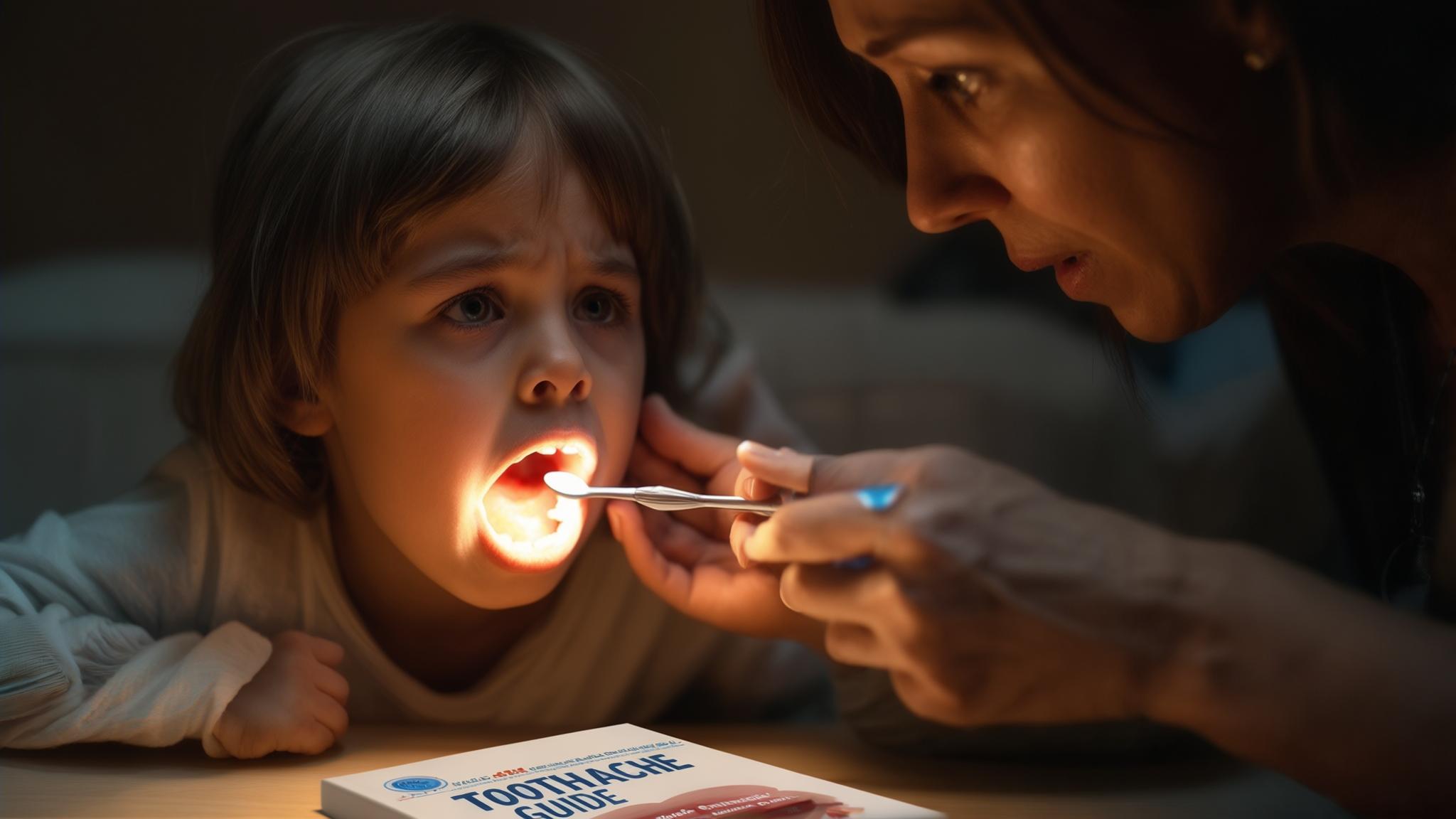The Importance of Dental Health in Children
When it comes to children's health, dental care often takes a back seat to other concerns. However, maintaining good dental health is crucial for children, not just for their current well-being but also for their future health. Toothaches are quite common in children, and they can arise from various reasons. This article will guide you through home care tips for managing a child's toothache and help you understand when it's time to seek professional dental attention.
Understanding Toothaches in Children
Toothaches in children can stem from several causes, each requiring different approaches to care.
Common Causes of Toothaches
- Cavities: These are the most common cause of toothaches. They occur when bacteria break down the tooth enamel, leading to pain and sensitivity.
- Gum Disease: Inflammation of the gums can cause discomfort and pain, often due to poor oral hygiene.
- Trauma or Injury: Accidents or injuries can result in chipped or cracked teeth, leading to pain.
- Eruption of New Teeth (Teething): As new teeth come in, they can cause discomfort and soreness in the gums.
- Sinus Infections or Other Medical Conditions: Sometimes, a toothache might be a symptom of something else, like a sinus infection.
Signs and Symptoms of a Toothache
- Complaints of Pain: Your child might directly tell you that their tooth hurts.
- Sensitivity to Hot or Cold: If your child winces when eating something hot or cold, it could indicate a toothache.
- Swelling or Redness Around the Gums: This can be a sign of infection or irritation.
- Difficulty Eating or Drinking: If your child avoids food or drink, it might be due to dental pain.
Home Care Tips for Managing a Child's Toothache
When your child complains of a toothache, there are several steps you can take at home to alleviate their discomfort.
Initial Steps to Take at Home
- Rinse the Mouth with Warm Salt Water: This can help reduce inflammation and cleanse the area.
- Use a Cold Compress: Apply it to the outside of the cheek to reduce swelling and numb the pain.
- Administer Appropriate Pain Relief Medication: Use age-appropriate pain relief to help manage discomfort, but always follow the dosage instructions.
Maintaining Oral Hygiene
- Importance of Brushing and Flossing: Even with a toothache, maintaining oral hygiene is crucial to prevent further issues.
- Tips for Gentle Brushing: Use a soft-bristled toothbrush and gentle strokes to avoid aggravating the pain.
Dietary Considerations
- Soft Foods to Ease Discomfort: Foods like mashed potatoes, yogurt, or applesauce can be easier to eat.
- Avoid Sugary or Acidic Foods: These can exacerbate the pain and should be avoided.
When to Seek Dental Attention
While home care can be effective, certain signs indicate the need for professional help.
Signs Indicating the Need for Professional Help
- Persistent Pain Lasting More Than a Few Hours: If pain doesn't subside, it's time to see a dentist.
- Swelling That Does Not Subside: Persistent swelling can indicate an infection.
- Fever Accompanying the Toothache: This is a sign that the body is fighting an infection.
- Visible Signs of Infection: Pus or severe swelling requires immediate dental attention.
Importance of Regular Dental Check-Ups
- Preventative Care and Early Detection: Regular check-ups can catch issues before they become painful.
- Building a Positive Relationship with the Dentist: Helps reduce anxiety and fear associated with dental visits.
Conclusion
Managing a child's toothache involves understanding the causes, providing effective home care, and knowing when to seek professional help. Encouraging good dental habits and regular check-ups can prevent many issues. Remember, addressing toothaches promptly can prevent further complications and ensure your child's overall health.
Additional Resources
- Suggested Reading for Parents: "Your Child's Teeth: A Complete Guide" by Evelina Weidman Sterling.
- Contact Information for Local Pediatric Dentists: Check your local listings or ask for recommendations from your family dentist.
- Links to Reputable Dental Health Organizations: American Academy of Pediatric Dentistry, MouthHealthy by ADA

